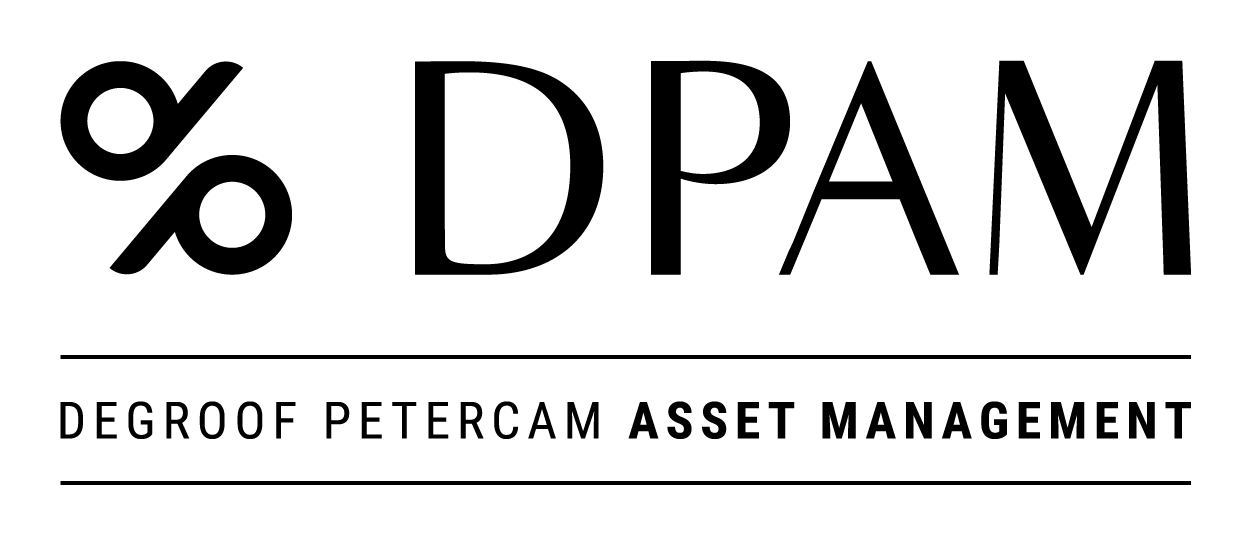In 2016, oil companies ExxonMobil and Chevron rejected shareholder resolutions calling on them to take better account of global warming. A year later, however, they had to give in to this request and were forced to be more transparent about their climate risk strategy.
The European Union and its SFDR regulation are making steady progress in terms of climate risks. Several other countries outside of the EU have also turned climate risk into a systemic risk that (almost) all companies must address.
A new turning point in this fight against indifference to climate change is the “Say on Climate“, which is part of the groundswell of accountability in the area of social responsibility in general and climate in particular. This action plan is a follow-up from its predecessor “Say on Remuneration”.
“Say on climate” is a resolution on the agenda of general meetings, which can be tabled by the company itself or by its shareholders, in order to have shareholders vote each year on the climate policy of listed companies and thus ensure a permanent dialogue on environmental issues. The Spanish company Ferrovial made the first proposal. Since then, the proposals have grown steadily.
It is therefore an advisory vote. In other words, it does not have to be legally enforced. It has no binding power and does not interfere with the hierarchy and roles of the various company governance bodies. Indeed, it should be remembered that the board of directors of a company is in charge of the company’s strategy, whereas the shareholders’ meeting has the role of controlling this strategy. Resolutions tabled by shareholders are regularly not supported by companies and proxy voters under the pretext that there is interference in the roles and that shareholders should not substitute themselves for the board. Given the non-binding nature, what use is there in this case?
First of all, the resolution responds to an expectation of investors. There is growing pressure from investors to accelerate the energy transition. Activists such as “Follow this” are calling for an acceleration of the “net zero emissions” concept and better alignment with the Paris Agreement. If the resolution tabled by shareholders does not receive the support of the company, the latter can expect a sanction vote at the next annual general meeting. This vote can take the form of a refusal to approve the accounts, the non-re-election of a director, etc. Several items traditionally on the agenda of meetings allow shareholders to express their dissatisfaction with the management of the company by voting against it, and this approach is regularly used. The dissatisfaction rate from shareholders is a signal increasingly used by sustainable investors as well to engage with companies on how they respond to their shareholders voice.
Secondly, the general meeting is “the company’s privileged moment of communication with its shareholders”. Despite the increasing use of electronic voting by institutional investors, who are obliged to submit their instructions to the custodian banks almost ten days before the general meeting, so that the company is aware of them before the opening of the general meeting, the general meeting is indeed an essential means of communication between shareholders and the company.
TOWARDS A SYSTEMATISATION, OR EVEN AN OBLIGATION
Current resolutions abound and also show the diversity of proposals from companies and shareholders. They may concern a vote on climate risk at future General Meetings, or be linked to other climate-related demands such as a reduction in greenhouse gas emissions, etc. The “Follow this” movement calls for short-, medium- and long-term emission reduction targets and the inclusion of so-called “scope three” emissions, i.e. indirect emissions emitted by the product itself and not by its operation and production.
As with its previous “Say on Remuneration”, it would be recommended to have an annual vote on the climate report and a three-yearly vote on the climate policy. The standardisation and systematic nature suggests that the recent ‘Say on Climate’ will follow suit. The recent order by the Dutch court for oil company Royal Dutch Shell to accelerate and strengthen its emission reductions also shows the paradigm shift that has taken place and the willingness to move more quickly towards a low-carbon economy.
We welcome these initiatives regarding Say on Climate. They demonstrate the commitment companies have on sustainability and climate change when proposed by the companies themselves. These are aligned with the global trend for greater awareness of climate risks and shows how much these have to be integrated in business models and strategies. Without adding work burden to companies in terms of reporting, policies, etc., we support proposals related to the topic, in line with our support to TCFD recommendations and to Climate Action 100+ collaborative initiative.

